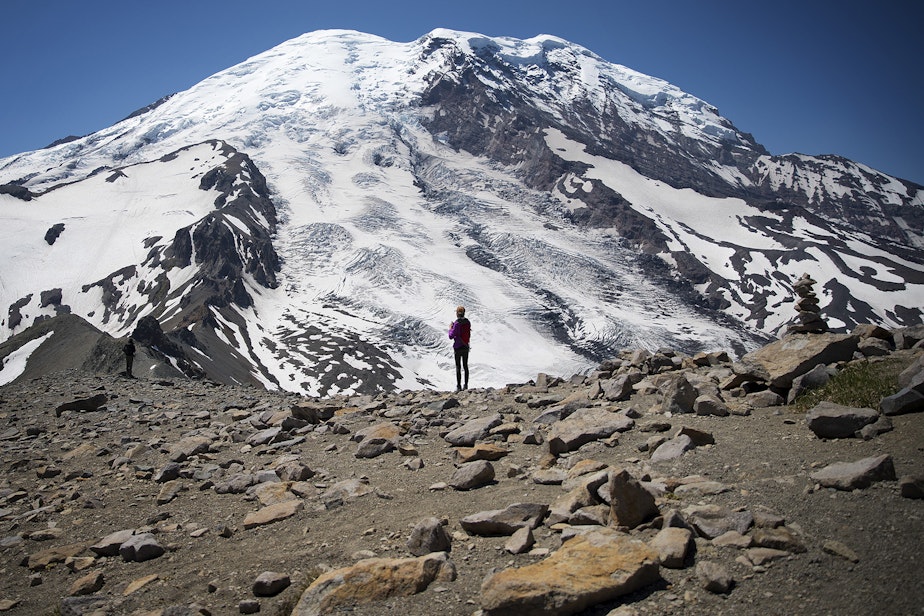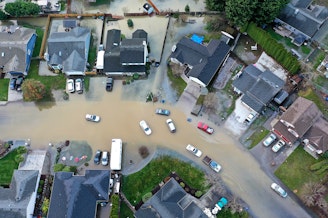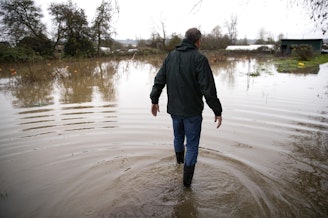Know before you go: Avalanche deaths are a grim reminder of backcountry danger

Last week, 14 people died in avalanches across the United States, making it the deadliest week for avalanches since 1910; that's when a single slide on Stevens Pass killed 96 people.
Hundreds of avalanches have come crashing down this month alone, including one east of Snoqualmie Pass that killed Washington State Patrol veteran Steve Houle on Monday.
Why has this year already been especially deadly?
"If there's a lot of new snow, that's considered a red flag. If there is a lot of new rain, that is another red flag. Wind, if it's very windy when you get there, that should be a red flag. Probably the biggest red flag of all is current or recent avalanche activity," said Scott Schell, executive director of the Northwest Avalanche Center which covers a wide swath of land with a variety of conditions. "Cracking — if you're walking along the snow and cracks are shooting out from your snow shoes, snowmobile, or skis, that's an indicator you have unstable snow."
While those are good tips, there really is no clear-cut answer as to why hikers, skiers and snowmobilers are encountering so much backcountry danger this season.
However, the pandemic has meant more people are showing up in the Northwest's backcountry. That likely means more amateurs. Schell says avalanches don't actually care whether you're experienced, though.
Sponsored
So, what can you do to ensure you and your outdoor companions walk away from an avalanche?
He says the best thing is to not end up in that position to begin with.
"Quite frankly, there's not a lot that's left for you to do in that moment," he says. "Yeah, once you find yourself in moving snow, the rest is kind of just up to where you happen to be on the slope, and luck."





